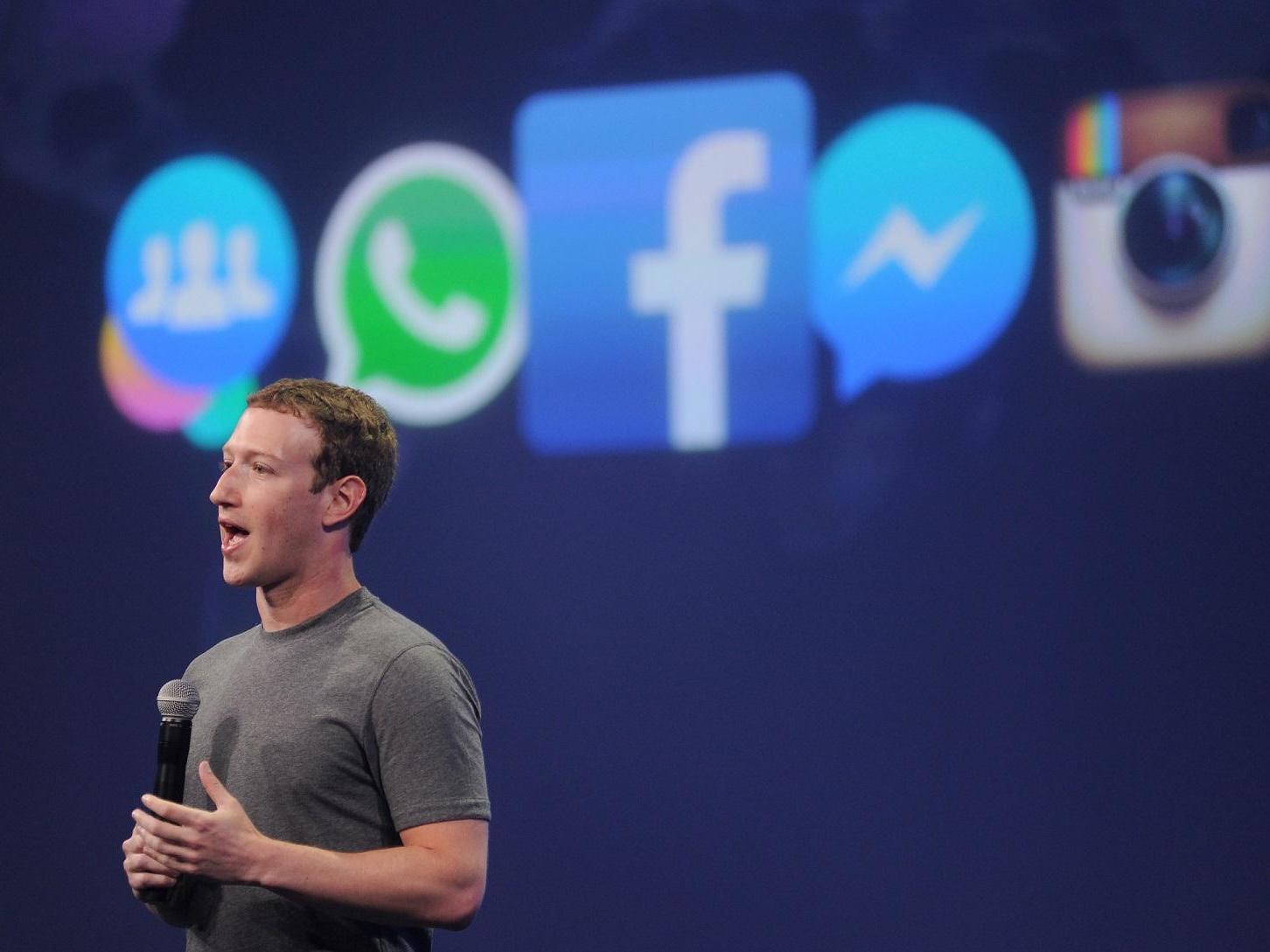Facebook merger of Instagram, Messenger and WhatsApp is in ‘early stages’, Mark Zuckerberg reveals
‘There’s a lot more we need to figure out,’ Zuckerberg said amid privacy concerns surrounding the plans

Your support helps us to tell the story
From reproductive rights to climate change to Big Tech, The Independent is on the ground when the story is developing. Whether it's investigating the financials of Elon Musk's pro-Trump PAC or producing our latest documentary, 'The A Word', which shines a light on the American women fighting for reproductive rights, we know how important it is to parse out the facts from the messaging.
At such a critical moment in US history, we need reporters on the ground. Your donation allows us to keep sending journalists to speak to both sides of the story.
The Independent is trusted by Americans across the entire political spectrum. And unlike many other quality news outlets, we choose not to lock Americans out of our reporting and analysis with paywalls. We believe quality journalism should be available to everyone, paid for by those who can afford it.
Your support makes all the difference.The controversial integration of Instagram, Messenger and WhatsApp will not take place until at least 2020, Facebook CEO Mark Zuckerberg has revealed.
Facebook first confirmed the merger last week following a report that the underlying messaging infrastructure of all the apps would be unified to create “the best messaging experiences” for their billions of users.
The move was originally expected to take place towards the end of this year or early next year, though Mr Zuckerberg said during the company’s quarterly earnings call that it was still in its early stages.
“The integration that we’re thinking about, we’re really early in thinking through this,” he said, without specifying a date for when it might take place. “There’s a lot more we need to figure out.”
Despite assertions from the technology giant that the integration would deliver a messaging platform that is private and end-to-end encrypted, data experts warn it could have an impact on people’s privacy.
Privacy expert Tim Mackey, who works for the software firm Synopsys, said the app integration is especially concerning given Facebook’s “spotty history” with its treatment of user data.
“Merging personal information and privacy configuration from three significant applications won’t be trivial. Facebook development teams would do well to look at this precedent and prioritise user privacy,” Mr MacKey told The Independent.
“With the integration project currently expected to take a year to complete, and with end-to-end encryption as part of the plan, we should expect the Facebook engineering teams to focus attention on uniform data security both in their platform and in the apps themselves.”

In response to such privacy concerns, Facebook said in a statement: “We’re working on making more of our messaging products end-to-end encrypted and considering ways to make it easier to reach friends and family across networks. As you would expect, there is a lot of discussion and debate as we begin the long process of figuring out all the details of how this will work.”
Ireland’s Data Protection Commission, which regulates the social network in the EU, has since called for an urgent briefing on the matter in order to assess the how the proposals will fit with GDPR rules.
“Previous proposals to share data between Facebook companies have given rise to significant data protection concerns and the Irish DPC will be seeking early assurances that all such concerns will be fully taken into account by Facebook in further developing this proposal,” the commission said in a statement.
“It must be emphasised that ultimately the proposed integration can only occur in the EU if it is capable of meeting all of the requirements of the GDPR.”
Join our commenting forum
Join thought-provoking conversations, follow other Independent readers and see their replies
Comments